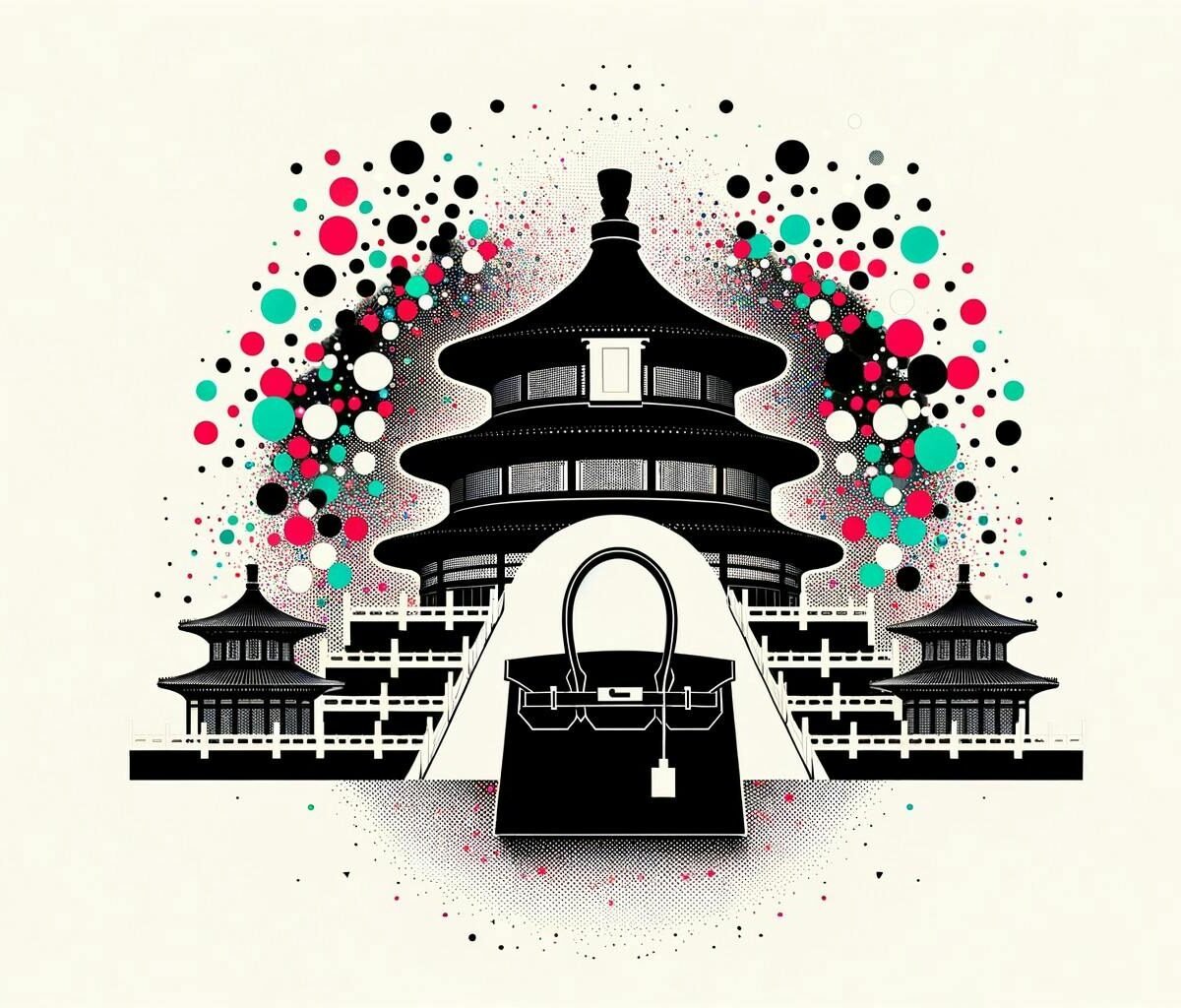What’s going on here?
As China’s Singles Day nears, LVMH investors are on alert, hoping fiscal stimulus can boost the luxury goods market despite current sluggish sales.
What does this mean?
LVMH, the luxury powerhouse behind Louis Vuitton, Dior, and Tiffany, is feeling the strain from weakening Chinese demand, with upcoming third-quarter results eagerly awaited by investors. While Bain consultancy anticipates stable to slightly rising global luxury sales, China is experiencing specific slowdowns. Market volatility has affected LVMH and its rivals like Kering and Richemont, driven by uncertainties in the Chinese market and waning consumer confidence linked to real estate troubles. Analysts expect a recovery, predicting Chinese luxury demand to surge by 2025, but not before a projected 1% drop in organic sales this quarter, marking the weakest performance in four years. LVMH’s strategic initiatives, including a partnership with Alibaba and a new retail hub on Hainan island, aim to capitalize on an eventual market resurgence.
Why should I care?
For markets: Cautious optimism for luxury investments.
Despite the turbulent environment of volatile luxury stocks, market experts are optimistic that eventually, Chinese consumer demand will rebound. This outlook is supported by predictions that luxury spending might surge once property-related worries subside, though near-term expectations remain cautious with a forecasted 10% drop in luxury sales in China compared to previous projections.
The bigger picture: China’s shifting consumer landscape.
The luxury market is at a pivotal juncture as issues within China, from real estate strains to changes in consumer spending, reshape global strategies. LVMH’s expansion and innovation efforts in the region, such as utilizing Alibaba’s tech prowess, underline its commitment to capturing the anticipated luxury boom. Meanwhile, brands heavily dependent on Chinese sales, like Kering with Gucci, must swiftly adapt to the emerging consumer appetite for fresh, innovative products.





